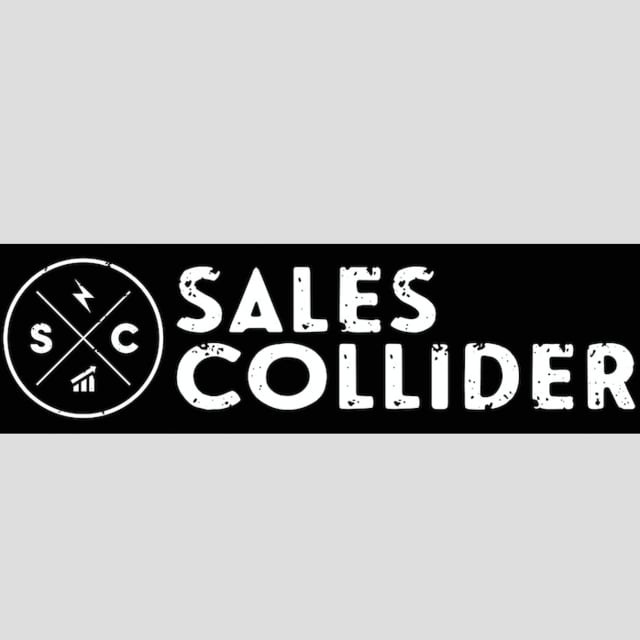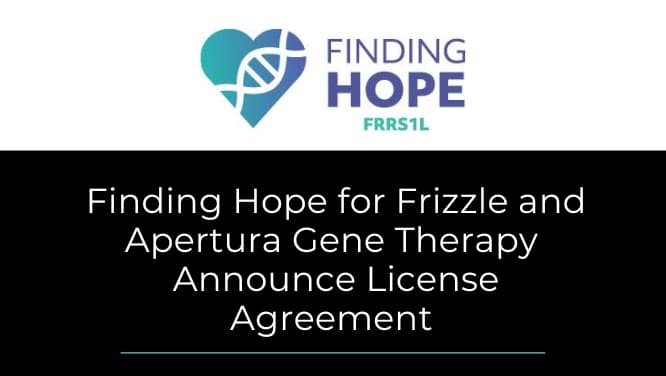Streamlining the SaaS Contract Process

- Ben Oelsner
- |
- July 25, 2018
Best Practices from Ben Oelsner
All too often, software as a service (SaaS) deals get stuck in negotiation, with roadblocks popping up at each step in the process. In a recent interview with J. Ryan Williams of Sales Collider, KO partner Ben Oelsner shared his insights and best practices to navigate the challenges of drafting and negotiating SaaS contracts quickly and easily. Overall, Ben makes three key observations about how to handle SaaS contracts at all levels:
- Finding balance in online agreements: The business benefits of click-through agreements are hard to ignore. The efficiency gained in click-through contracts is extremely appealing, especially for smaller startups eager to sign SaaS clients. But there is risk involved, especially as you begin attracting larger companies who may have a legal team that balks at these simple contracts. By working with a trusted legal advisor, you can craft solid contracts and still execute them as an online agreement, giving you stronger legal protections up front, while allowing for a streamlined and easy signing process.
- Adding flexibility with a master service agreement: For many developers and startups, the size and scope of initial SaaS agreements can see quick growth after a trial period. Companies may consider putting a Master Service Agreement (MSA) in place as a standard customer contract as a way to support rapid expansion in scope, including adding users or orders before the initial contract expires. An MSA allows for a new order or scope of work to be quickly and easily incorporated without additional, lengthy negotiations. For companies offering enterprise software, this can often be a strong tool to leverage as software use quickly catches on with your client and their employees.
- Navigating early termination and refund clauses: SaaS providers need to ensure that their contracts and agreements include clearly-defined parameters for payment provisions. Providers will want the all fees to be non-refundable except as expressly set forth in the agreement, typically under four common scenarios including: performance warranty breaches, uncured breaches by either the SaaS provider or the customer, customer termination clauses and termination with indemnification.
With more than 20 years of experience counseling entrepreneurs and startup companies on virtually any type of commercial contract, IP and technology transactions, Ben brings valuable insights to the table in his full interview with Sales Collider.
Click here to read the full article and get a head start on a better SaaS contracting process.




